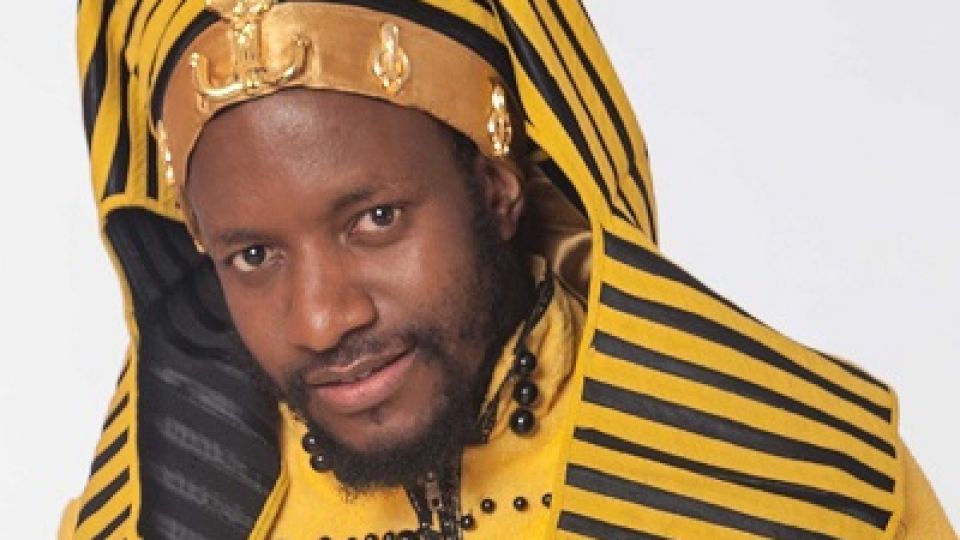from MARCUS MUSHONGA in Harare, Zimbabwe
Zimbabwe Bureau
HARARE, (CAJ News) – ZIMBABWEAN artists are bearing the brunt of a crackdown by government on critics ahead of elections set for later this year.
One of the country’s most popular musicians at the moment, Wallace Chirumiko (40), known as Winky D, is the latest performer to incur the wrath of President Emmerson Mnangagwa’s government.
Last week, some officers of the Zimbabwe Republic Police (ZRP) stormed the stage and shut down his show in the township of Chitungwiza in the capital, Harare.
The celebrated reggae-dancehall recently released an album that contains lyrics against social and political injustice, corruption and the economic meltdown in Zimbabwe.
The music production has apparently rattled the Zimbabwe African National Union-Patriotic Front (ZANU-PF) government, the party in power since independence in 1980.
Following the release of Winky D’s album in January, the Economic Empowerment Group (EEG), a lobbying group affiliated with the governing party, held a news conference denouncing the award-winning musician.
The group advocated for the banning of Winky D from performing at any public event or public venue in Zimbabwe and that all local radio stations should be forbidden to play his music.
EEG accuses the musician of instigating dissent among the country’s youth as part of a so-called regime change agenda.
The accusations are the hallmark of the ZANU-PF, which for over two decades has alleged its critics and the opposition were working with some Western governments to topple the government.
Such accusations escalate ahead of each election and the one set for this year at a date yet to be announced is no different, as Mnangagwa (80), in power since a military coup in 2017 and elected a year later, seeks a second term.
“Shutting down Winky D’s show sends a message that Zimbabwe’s authorities are willing to harass even the most popular performers for what they say,” said Idriss Ali Nassah, senior Africa researcher at Human Rights Watch (HRW).
The pro-democracy official added, “The Zimbabwe government needs to quickly take strong action to demonstrate that free expression will be respected, or there will be genuine concerns that upcoming elections can’t be credible, free, and fair.”
Daves Guzha, the prominent theatre and film producer who has in the past been arrested for his work, concurred.
“The action by the police against Winky D was a clear abuse of power,” he said.
Guzha feels the government is criminalizing the arts industry.
“It is not a crime being an artist,” he said.
Winky D is not the only artist to be at the receiving end of police’s iron fist.
During the same weekend, police refused to grant permission to another popular musician Baba Harare (33), (real name Braveman Chizvino Mwanza), to stage a show.
The show was also to be held in Chitungwiza.
Under Zimbabwe’s stringent laws, police have to grant permissions for such shows.
“Police did not give us clearance to perform,” Mwanza stated as he apologised to his more than 400 000 followers on Facebook.
“The harassment of musicians highlights the Zimbabwe government’s growing intolerance of voices deemed critical to the Mnangagwa administration in the run-up to mid-year elections,” Nassah said.
Zimbabwe’s government has maintained a firm grip on public media since independence, a development that has culminated in censorship.
Music and films deemed to be critical of the government are banned, as are similar arts exhibitions.
Thomas Mapfumo (77), one of the greatest musicians to emerge from the Southern African country, has been exiled in the United States (US) since the early 2000s after a fallout with the then government of Robert Mugabe, now late.
The veteran musician has endorsed leader of the main opposition Citizens Coalition for Change (CCC), Nelson Chamisa (45).
Chamisa and Mnangagwa contested a two-horse election race in 2018, which the former won by 51,44 percent. Chamisa garnered 45,07 percent. Citing vote rigging he appealed in court but lost.
– CAJ News

